International Relations
Relations across the UK, Europe and globally are frequently changing, and have done so across our history. How these relations are recorded, monitored and treated are discussed in the collection of articles and podcasts here. The very concept of international relations is explored as are when boundaries and discussions between states and groups started to matter. What are the procedures, protocols and outcomes of a world according to the history of international relations are all under scrutiny?
Sort by:
Date (Newest first) | Title A-Z
Show:
All |
Articles |
Podcasts |
Multipage Articles
-

Family stories and global (hi)stories
ArticleClick to view -
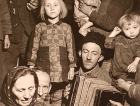
Teaching 20th-Century History Resources
ArticleClick to view -
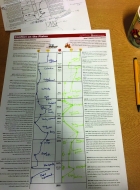
Using historical discourse to find narrative coherence in the GCSE period study
ArticleClick to view -

Triumphs Show 176: Using material culture as a means to generate an enquiry on the British Empire
ArticleClick to view -

Cunning Plan 175: Using the England's Immigrants database
ArticleClick to view -
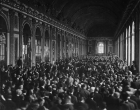
Polychronicon 175: Paris 1919 – a century on
ArticleClick to view -

Absence and myopia in A-level coursework
ArticleClick to view -

What kinds of feedback help students produce better historical narratives of the interwar years?
ArticleClick to view -

Cunning Plan 174: creating a narrative of the interwar years
ArticleClick to view -

Investigating the Impact of WW1 on your Locality
30th January 2019Click to view -
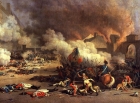
Age of Revolutions Resources
InformationClick to view -
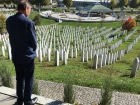
My journey to Bosnia: The Balkans Conflict 22 years on
Multipage ArticleClick to view -
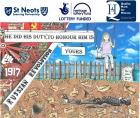
From St Neots to Siberia: an HA Quality Mark Community Outreach Project
Multipage ArticleClick to view -

The Effect of Prior Knowledge on Teaching International History
ArticleClick to view -

The History of Afro-Brazilian People
ArticleClick to view -

History Teaching in Belarus: Between Europe and Russia
ArticleClick to view -
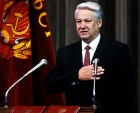
Polychronicon 164: The End of the Cold War
ArticleClick to view -
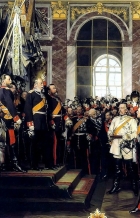
Bismarck after Fifty Years
ArticleClick to view -
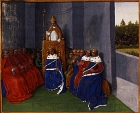
Podcast Series: The Crusades
Multipage ArticleClick to view -
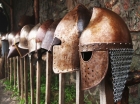
Interpreting Agincourt: KS3 Scheme of Work
ArticleClick to view

